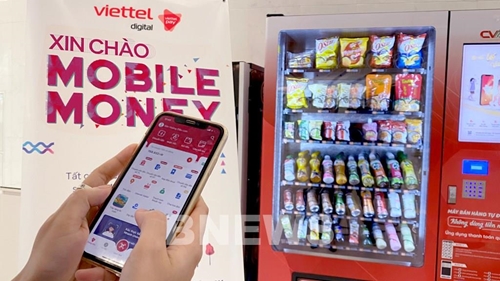The amount of the fee will be considered by service providers taking into account the low-value payments made through the service to encourage users, particularly those in rural and far-flung areas.
    |
 |
|
Photo for illustration: bnews |
The office said that the difference between Mobile Money accounts and current means of payment is that users do not need any bank accounts or go to banks or automated teller machines (ATMs) to withdraw, send in and transfer money.
It is expected to help people in the areas without banks gain access to a payment system and support the development of cashless payments.
In addition, the State Bank of Vietnam can manage liquidity of telecom businesses and ensure the interests of commercial banks when telecom businesses provide Mobile Money services.
Currently, major telecom enterprises are making preparations to carry out the service.
On March 9, Prime Minister Nguyen Xuan Phuc approved the Mobile Money pilot project, which will be carried out over two years from the date the first business in the field receives permission to launch the service.
The credit limit will be no more than 10 million VND (435 USD) per month for all transactions on each account.
It enables money transfers and payments for legal products and services in Vietnam only, using VND. Cross-border transactions are not permitted.
Vietnam has around 129.5 million mobile subscriptions, around half of which use 3G and 4G, and 43.7 million, or 45 percent of the population, using smartphones.
The Government had targeted cutting the ratio of cash payments to less than 10 percent by the end of last year, from 11.33 percent in 2019.
Mobile money would significantly contribute to accelerating cashless payments around Vietnam, where cash in circulation still accounts for 20 percent of the country’s GDP.
Source: VNA